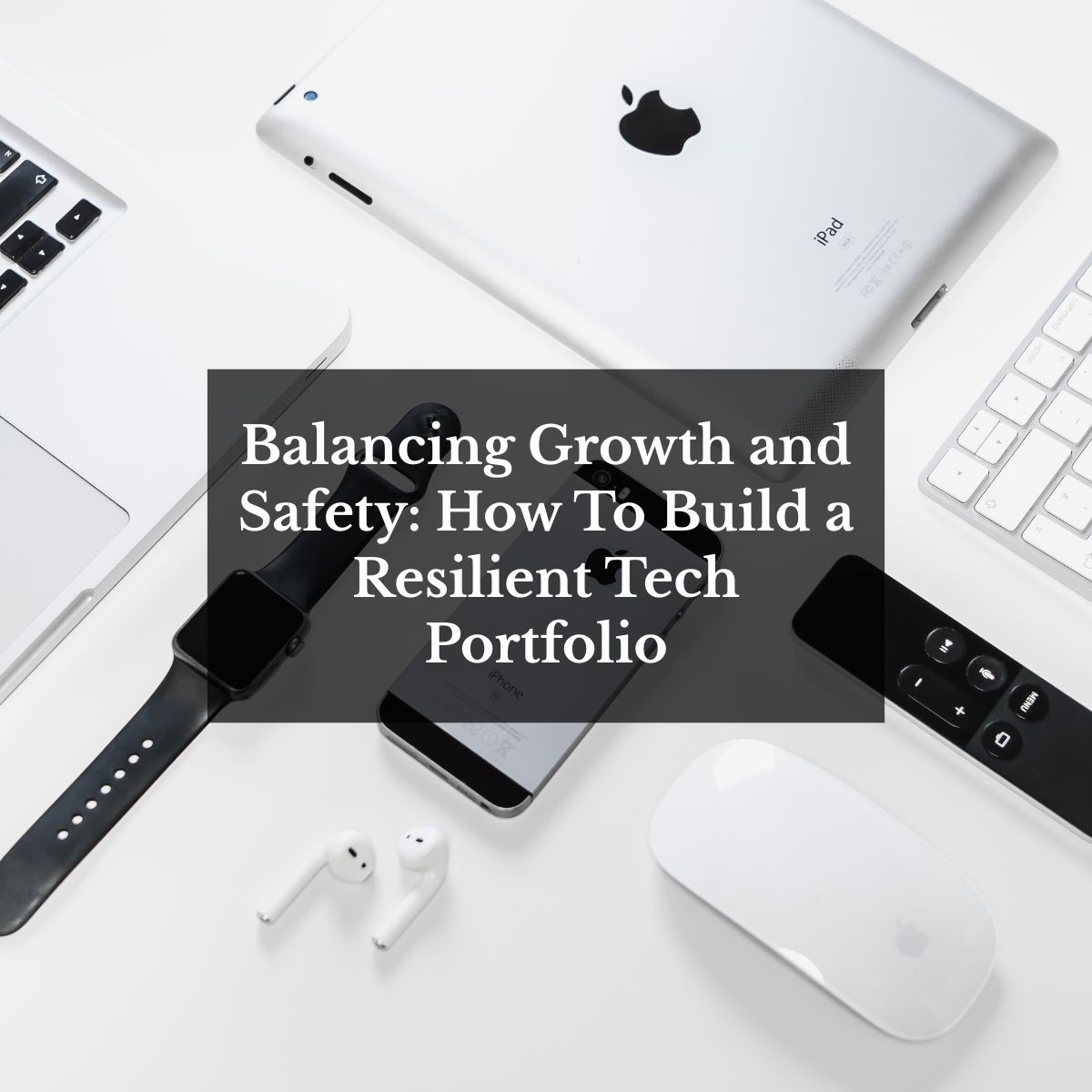
For decades, Americans have worried about the future of Social Security, with recent headlines raising alarms that it could run out by 2035. This pressing question, “Will Social Security run out?” has sparked widespread concern, especially among retirees and pre-retirees. The fear that Social Security will run out by 2035 has been at the forefront of financial planning discussions. Many wonder if the program is sustainable long-term. To explore these issues further and address the question of whether Social Security will run out before 2035, we sat down with our three CERTIFIED FINANCIAL PLANNERTM (CFP®) professionals—Steven Roge, Philip Brucato, and Christine Parisi—to gain insight into the current state of the program, its future, and what individuals should consider as they approach retirement.
R.W. Rogé & Company Inc.—
Let’s start with the big question that’s on everyone’s mind: Will Social Security run out?
Steven Roge: It’s a good question, and certainly something people have been worried about for a long time. The reality is that while the Social Security Trust Fund is projected to run out by 2035 if nothing changes, that doesn’t mean Social Security is going to stop altogether. What it really means is that once the reserves are exhausted, the program will likely only be able to pay about 79% of scheduled benefits, relying solely on payroll tax revenue. So, while there’s reason for concern, it’s far from a complete collapse of the system.
R.W.R—Philip, could you elaborate on what factors are driving this concern about Social Security’s depletion?
Philip Brucato: Absolutely. The primary drivers are demographic and economic shifts. For example, we’ve seen the baby boomer generation entering retirement, which means there are more beneficiaries drawing on Social Security than ever before. Meanwhile, the number of workers paying into the system hasn’t kept up. Fewer workers contributing combined with more people collecting benefits creates a significant imbalance. Additionally, people are living longer, so they’re collecting benefits for longer periods, which increases the cost to the system. Add inflation, rising healthcare costs, and stagnant wage growth to the mix, and you start to see why Social Security’s financial outlook isn’t as strong as it once was.
R.W.R—Christine, given this outlook, how long will Social Security last? Is Social Security going to run out before today’s younger workers retire?
Christine Parisi: It’s certainly understandable that people are worried about how long Social Security will last, especially if they’re far from retirement. But the truth is that even if the Social Security Trust Fund runs out by 2035, as Steven mentioned, the program will still be able to pay benefits—just at a reduced level, likely around 79%. But I think it’s important to emphasize that Social Security has faced challenges before, and reforms can help ensure its sustainability for future generations. So, to answer your question directly, Social Security isn’t likely to run out entirely, but there’s a real possibility of reduced benefits if action isn’t taken. The government has tools to extend Social Security’s solvency; they can adjust the Social Security taxable wage base or retirement ages, and they’ve done so in the past when needed.
R.W.R—Steven, can you talk about the specific government measures that could help prevent Social Security from running out?
Steven Roge: Sure. There are several measures on the table. One of the simplest and most discussed is adjusting the full retirement age again. We’ve already seen the retirement age gradually increase from 65 to 67, and further increases could help alleviate some pressure on the system by encouraging people to work longer. Another option is to increase payroll taxes or raise the income cap on earnings subject to Social Security taxes. Right now, only income up to a certain limit is taxed for Social Security, and raising that cap could bring in more revenue to help support the program. There’s also been discussion of means-testing benefits, which would reduce payments to wealthier individuals who don’t rely on Social Security as much, thereby preserving resources for those who need them most.
R.W.R—Philip, can you walk us through the pros and cons of these potential reforms to Social Security?
Philip Brucato: They all have their pros and cons, and each comes with its own set of political and social considerations. Raising the retirement age may seem like a reasonable solution, but it can disproportionately impact lower-income workers who may have physically demanding jobs and find it difficult to work longer. Increasing payroll taxes or the income cap would certainly generate more revenue, but it might face opposition from higher-income earners. Means-testing benefits could help, but it changes the nature of Social Security from a universal program to one that feels more like welfare, which could undermine its broad political support. Of course, no solution is perfect, but a combination of these reforms could be key to ensuring Social Security’s longevity.
R.W.R—Christine, we’ve touched on the potential for reform. Could you speak to the idea that Social Security has survived tough times before? Will it continue to play a significant role for future generations?
Christine Parisi: Social Security has proven to be incredibly resilient since its inception in 1935. It’s weathered economic downturns, wars, and demographic shifts, and it remains one of the most popular government programs because it provides financial security to millions of retirees, disabled individuals, and survivors of deceased workers. Its longevity depends on the political will to implement necessary reforms, and historically, when push comes to shove, Congress has acted to preserve the program. During the 1980s, for instance, Social Security was facing a crisis similar to todays, and lawmakers stepped in with reforms that stabilized the program for decades. I’m confident that as we approach 2035, similar reforms will be made. Social Security isn’t going away, but it may look different in the future.
R.W.R—Steven, what would you say to someone nearing retirement who is worried about whether Social Security will run out before they can collect their benefits?
Steven Roge: I understand why people might be concerned, but the important thing to remember is that Social Security won’t run out entirely. The program will still be there to provide benefits, even if the Trust Fund is depleted. However, if you’re nearing retirement, it’s a good idea to consider Social Security as one part of your overall retirement plan, not the sole source of income. Diversifying your retirement savings through other investments—whether it’s in IRAs, 401(k)s, or other vehicles—will help ensure that you’re not overly reliant on Social Security. That way, if benefits are reduced in the future, you’ll still be financially secure.
R.W.R—You mentioned that it’s important not to rely solely on Social Security. For individuals nearing retirement, how much should Social Security factor into their overall financial planning?
Steven Roge: Social Security is an important component of retirement income, but it’s not designed to be the sole source of support. For individuals nearing retirement, it’s essential to view Social Security as one piece of a larger financial puzzle. The benefits you receive can supplement your income, but relying on Social Security alone likely won’t provide the lifestyle you envision during retirement. On average, Social Security replaces about 40% of pre-retirement income, so you’ll need to ensure you have other savings or income streams through personal savings, investments, or retirement accounts like IRAs or 401(k)s—to cover the gap. Diversification is key to maintaining financial stability throughout your retirement years.
It’s also crucial to understand how your Social Security benefits will be calculated. Factors like your lifetime earnings and the age at which you start collecting benefits will impact the amount you receive. For instance, claiming benefits before your full retirement age will result in a permanently reduced monthly benefit, whereas waiting until full retirement age—or even delaying until age 70—can significantly increase your benefit. But your financial plan shouldn’t focus solely on delaying benefits. A well-rounded strategy that includes multiple income sources is essential for long-term security.
Healthcare costs and longevity are other key factors to consider when determining how much to rely on Social Security. As people live longer and healthcare costs continue to rise, it’s important to plan for these expenses and ensure you have sufficient savings or income to cover them. Social Security can help with basic needs, but if you have more specific retirement goals—like traveling, pursuing hobbies, or leaving a legacy for your family—you’ll need additional resources beyond Social Security to achieve those objectives. A comprehensive retirement plan should account for these variables, giving you flexibility and security throughout retirement.
R.W.R—Philip, Christine mentioned that political support for Social Security is strong. Will political pressure be enough to prevent any drastic cuts to the program?
Philip Brucato: Social Security is incredibly popular, and it’s one of the few issues that crosses party lines. No politician wants to be responsible for letting the program fail because it provides essential benefits to so many Americans. That being said, the longer lawmakers wait to address the program’s financial issues, the more severe the adjustments will need to be. So yes, political pressure will drive action, but we also need to be realistic. It’s possible that benefits will be adjusted, but Social Security isn’t going to disappear; the political will to preserve it is too strong.
R.W.R—Christine, final question: What are the top three reasons why Social Security is here to stay?
Christine Parisi: Social Security is funded primarily through payroll taxes, which means as long as people are working, money will continue to flow into the system. That’s a reliable source of revenue. Second, there’s historical precedent for reform—when the program faces financial difficulties, lawmakers tend to act. And third, the public and political support for Social Security is incredibly strong. It’s a program that millions of Americans rely on, and there’s a lot of incentive to keep it going. So, even though there may be challenges ahead, Social Security will continue to play a significant role in the financial security of future generations.
Social Security Myths Debunked
A big thank you to Steven, Christine, and Philip, for their time and insights on whether social security will run out by 2035. It’s reassuring to hear that while Social Security faces challenges, the program is not on the verge of disappearing. For our readers, it’s crucial to stay informed and understand that even with potential reductions, Social Security is expected to last well beyond 2035, ensuring benefits for millions of Americans.
If you would like to speak with our team of CERTIFIED FINANCIAL PLANNERTM (CFP®) professionals, we would be happy to show you how our financial planning process can help you stay on track and achieve your financial goals. Please contact us for a complimentary discovery call at 631-218-0077. You can also send us a message directly.
R.W. Rogé & Company, Inc. is an independent, fee-only financial planning and investment management firm serving clients locally and virtually across the country, with Long Island, New York, Beverly, Massachusetts, and Naples, Florida office locations. R.W. Rogé & Company, Inc. was founded on a “client first” culture and proudly commits to acting in your best interest as a fiduciary. We have helped clients Plan, Achieve, and Live® the life they want since 1986. To learn more about how we do this, as well as our process, explore our detailed overview of services and approach.



